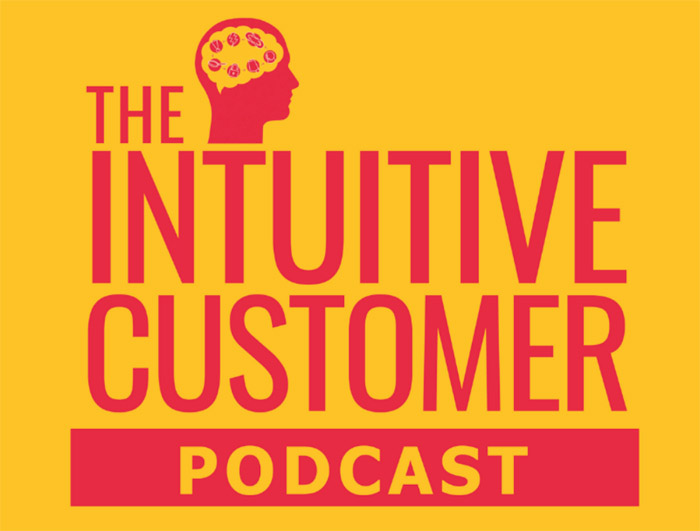Episode Description
Trust: it’s the glue that holds relationships together—both personal and professional. Yet, so many businesses get it wrong. In this special milestone episode (yes, 400 episodes!), Colin Shaw and Professor Ryan Hamilton break down why trust is the foundation of every great customer experience and, more importantly, how you can earn it, keep it, and leverage it to drive growth.
From sneaky fees that erode confidence to honesty that wins lifelong loyalty, we’re covering ten essential actions that will guarantee your customers trust you—and keep coming back. Plus, we share some eye-opening research on why people sometimes lie more when they actually like you (yes, really).
If you’re serious about customer experience, this is an episode you can’t afford to miss.
🎧 Listen now to discover:
✅ Why trust isn’t automatic—it has to be earned (and how to do it).
✅ The #1 mistake companies make that destroys trust instantly.
✅ How honesty—especially when things go wrong—can turn a crisis into a customer loyalty win.
✅ The psychology behind why people sometimes lie to be nice (and how this hurts customer relationships).
✅ Why overcommunication is your secret weapon for building long-term trust.
🔹 Best Quote from the Episode:
“Trust is built in drops and lost in buckets. You can do everything right for years, but one moment of dishonesty or poor communication can undo it all.”
🚀 Key Takeaways:
-
Customers can smell dishonesty a mile away—transparency and consistency are non-negotiable.
-
Trust isn’t just about marketing or sales; it’s company-wide, from legal to customer support.
-
Want to build customer loyalty? Own up to mistakes—your customers will trust you more, not less.
-
The easiest way to build trust? Do what you say you’re going to do.
-
People trust companies that communicate often, even when there’s no new update. Silence breeds doubt.
📢 Don’t just read about it—hear it for yourself! Tune in now and learn how to make trust your biggest competitive advantage.
About the Hosts:
Colin Shaw is a LinkedIn ‘Top Voice’ with a massive 284,000 followers and 86,000 subscribers to his ‘Why Customers Buy’ newsletter. Shaw is named one of the world’s ‘Top 150 Business Influencers’ by LinkedIn. His company, Beyond Philosophy LLC, has been selected four times by the Financial Times as a top management consultancy. Shaw is co-host of the top 1.5% podcast ‘The Intuitive Customer‘—with over 600,000 downloads—and author of eight best-sellers on customer experience, Shaw is a sought-after keynote speaker. Follow Colin on LinkedIn.
Ryan Hamilton is a Professor of Marketing at Emory University’s Goizueta Business School and co-author of ‘The Intuitive Customer’ book. An award-winning teacher and researcher in consumer psychology, he has been named one of Poets & Quants’ “World’s Best 40 B-School Profs Under 40.” His research focuses on how brands, prices, and choice architecture influence shopper decision-making, and his findings have been published in top academic journals and covered by major media outlets like The New York Times and CNN. His work highlights how psychology can help firms better understand and serve their customers. Ryan has a new book launch in June 2025 called “The Growth Dilemma: Managing Your Brand When Different Customers Want Different Things” Harvard Business Press Follow Ryan on LinkedIn.
Subscribe & Follow



